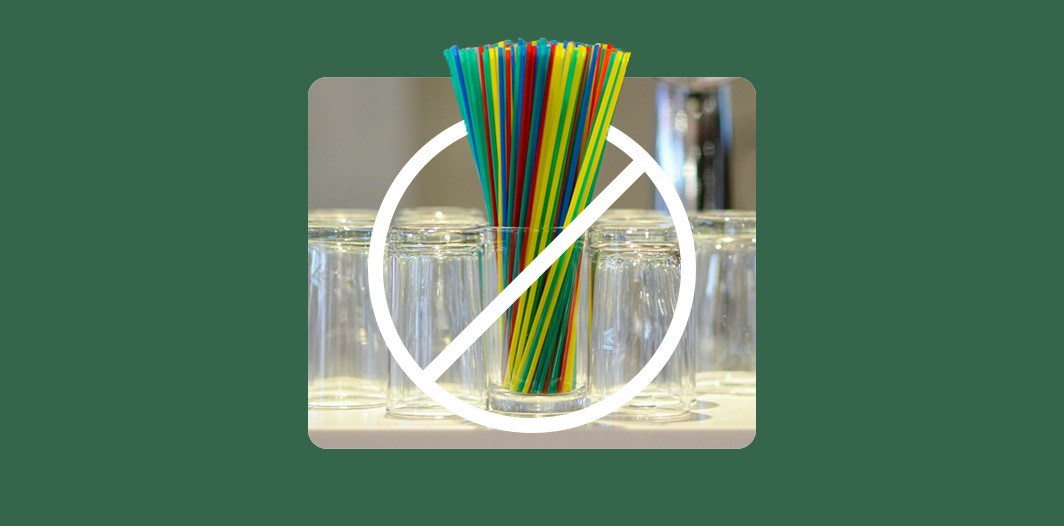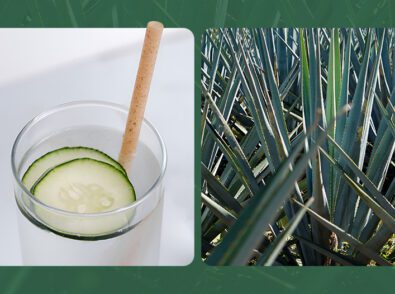Everything You Need to Know About Florida’s Plastic Straw Ban

Florida’s straw laws do not include single-use plastic bans at the state level. Although certain cities are working to regulate plastic straws, bags, and other single-use plastics, state laws have historically made this more difficult.
In 2008, a preemption bill prohibited local governments from regulating, taxing, limiting, or banning single-use plastics. Ever since, various bills have threatened local municipalities’ ability to enact plastic bans.
Did Florida Ban Straws?
No, the state of Florida has never banned straws. Rather, Florida’s plastic drinking straw bans are particular to local municipalities. Some Floridian cities that have plastic bans include regulations on single-use plastic straws. Despite the lack of state support, these local governments are reducing the harmful effects of single-use plastics on Florida’s land, wildlife, and ocean.
Are Straws Illegal in Florida?
Straws are not illegal statewide, but some cities have restricted or banned their use. For example, some cities only allow restaurants to offer straws if customers request them, while others have completely banned the distribution and sale of single-use plastic straws.
What You Need to Know About Regulations on Plastic Straws in Florida
Although plastic straws are banned in some cities, like Miami Beach and Gainsville, policymakers over the last few years have attempted to extinguish the ability of local municipalities to prohibit certain plastics. Many contradictory bills and initiatives have been set forth that demonstrate differing opinions in governmental organizations when it comes to banning single-use plastics:
- A law was passed against banning plastic straws on April 30, 2019. Florida lawmakers passed HB 771, which required local governments to lift existing plastic straw bans and restrict future regulations.
- The governor vetoed the bill prohibiting local bans on May 10, 2019. Less than two weeks after HB 771 was passed, Governor DeSantis vetoed the bill, reversing it and reinstating the right of local municipalities to ban plastic straws.
- The Florida Department of Environmental Protection (DEP) is currently working to reduce single-use plastics. The DEP promotes the Skip the Straw initiative, which is designed to reduce plastic pollution by inspiring citizens, businesses, and schools to decrease the use of plastic straws and other single-use plastics.
Although Florida does not ban plastic straws statewide, some cities regulate them, and the DEP is working to limit plastic straw use at a more grassroots level.
Why Reduce Plastic Straw Usage?
Plastic straws are among the top five items collected on beaches every year. When businesses switch from plastic to plant-based straws, they create a more sustainable world.
How Greenprint Can Help You Make a Difference
If restaurant owners want to make greener choices, finding alternatives to single-use plastics is a great first step. Get in touch with us for environmentally friendly single-use products, and we’ll help you help the planet.
References
- https://www.flsenate.gov/Session/Bill/2019/00771
- https://www.flgov.com/eog/news/press/2019/governor-ron-desantis-vetoes-cscshb-771
- https://floridadep.gov/waste/waste/campaign/skip-straw
- https://floridadep.gov/waste/waste/campaign/content/fact-sheets-skip-straw
- https://floridadep.gov/sites/default/files/STSFactSheet2019.pdf


